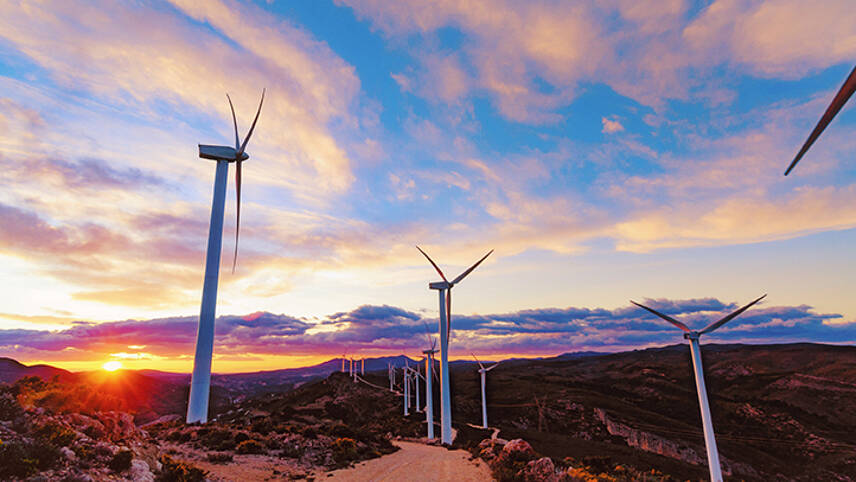Register for free and continue reading
Join our growing army of changemakers and get unlimited access to our premium content

SP Energy Networks has connected 30% of all wind power generated in the UK.
The “New Headwinds to Clean Energy” has been published this week by the Energy for Growth Hub, with support from The Rockefeller Foundation and the Global Energy Alliance for People and Planet. It details how crises such as the coronavirus pandemic and Russia’s invasion of Ukraine have combined to derail energy markets, especially for emerging and developing nations.
There’s been plenty of coverage as to how UK homes are being told to prepare for annual energy bills of £4,000+ next year, but the new report released by the Energy for Growth Hub casts a warning light over how these rising energy costs with combine with other macrotrends to threaten the development and access to clean energy markets in developing nations.
The new report warns that nations are facing “interlocking disruptions” in the form of global supply chain constraints, rising costs of energy and materials, fixed power purchase agreements, reduced budgets due to the pandemic and tightening monetary policies.
“The volatility of the last few years has hit energy investments in emerging and frontier markets particularly hard, and they will likely continue to face challenges even if things stabilise for richer economies,” Energy for Growth Hub’s director and co-author of the report Katie Auth said.
“There is huge potential to scale clean energy in these countries – but it’s going to require more attention, more resources, and new thinking around how to provide better, more effective support.”
The report outlines for key disrupters to clean energy for developing nations.
Firstly, logistics and transportation networks have been hampered by the pandemic, which has impacted the value chain for renewable installations, namely solar, wind and battery components. Critical raw materials have also soared in price – such as steel, aluminium and battery materials.
Utility firms are also struggling in developing nations in terms of rising costs and fixed power purchase agreements (PPAs) and are calling on investors and governments to help combat dips in energy availability, demand and whether customers can afford to pay their bills. Additionally, public sector appetite for new PPAs and investment in enabling infrastructure is “waning”, according to the report.
Finally, the rising global interest rates are impacting capital-intensive renewables projects and markets and in emerging economies, clean energy projects could get priced out as they already face higher risk premiums.
In response, the report outlines four key proposals to combat these issues.
The first is to introduce mechanisms to support “more aggressive diversification” of the global renewables market, which would include relaxing some policies in favour of wider rollouts and adopting a common set of supply chain traceability standards for infrastructure materials.
The second is to expand tools and solutions for utilities by providing more funding for energy transmission and distribution and supporting new grid flexibility and infrastructure.
The report also recommends the introduction of “aggressive countercyclical financing” which would include packages for a just energy transition by funnelling finance away from coal. The report recommends creating a “Climate Finance Global Guarantee Facility”.
Finally, the report calls for a platform to aggregate smaller-scale low-carbon projects in high-risk markets.
“As compounding global crises continue to push people into poverty, hundreds of millions of people across Asia and Africa cannot afford even the most basic access to electricity,” the Rockefeller Foundation’s senior vice president of the Power and Climate initiative, Ashvin Dayal said.
“Fortunately, the world has the tools it needs to get things back on track and, if we act now, regain the progress we were making toward the Sustainable Development Goals — including achieving universal energy access with renewable electricity, which is central to providing real, sustainable opportunity for people all over the world.”


Please login or Register to leave a comment.